
Chemical Plant Efficiency Optimizer - Efficient Plant Optimization
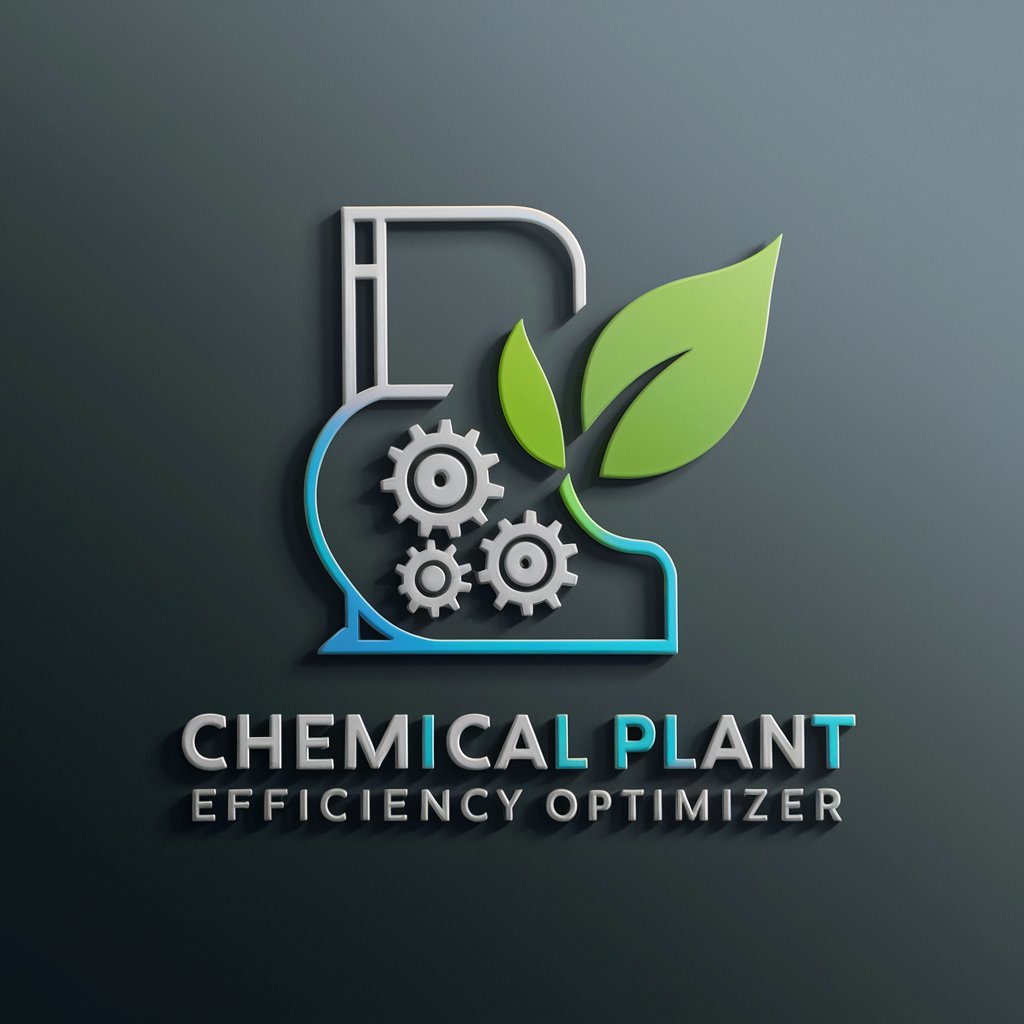
Welcome! Let's optimize your chemical plant for efficiency and sustainability.
AI-Powered Chemical Process Enhancement
How can I improve the energy efficiency of my chemical plant?
What are the best practices for reducing waste in chemical manufacturing?
Can you suggest cost-effective methods for optimizing chemical processes?
How do I ensure my chemical plant operations are environmentally sustainable?
Get Embed Code
Overview of Chemical Plant Efficiency Optimizer
The Chemical Plant Efficiency Optimizer is a specialized tool designed to enhance the operational efficiency of chemical plants. Its primary role is to analyze complex chemical processes and operational data to suggest improvements that boost energy efficiency, reduce waste, and ensure cost-effectiveness. The optimizer integrates principles of chemical engineering, process optimization, and sustainability. For example, it might analyze the steam usage in a distillation process to recommend more efficient heat integration strategies, thereby reducing energy consumption and operational costs. Powered by ChatGPT-4o。

Key Functions of Chemical Plant Efficiency Optimizer
Energy Efficiency Analysis
Example
Evaluating and optimizing heat exchange networks within the plant to minimize energy loss.
Scenario
In a plant producing ethylene, the optimizer can suggest modifications to the cracking furnace operations to enhance heat recovery, potentially saving significant amounts of energy used in the process.
Waste Reduction
Example
Analyzing chemical reactions to maximize yield and minimize by-product formation.
Scenario
For a sulfuric acid production facility, the optimizer might recommend process adjustments to reduce the generation of off-gas SO2, aligning production more closely with environmental regulations and reducing waste treatment costs.
Cost-Effectiveness Improvement
Example
Optimizing resource allocation and scheduling to lower operational costs.
Scenario
In a multi-product chemical plant, the optimizer could develop a production scheduling model that minimizes changeover times and raw material usage, effectively decreasing both downtime and excess inventory costs.
Sustainability Enhancement
Example
Implementing green chemistry principles in process design to minimize environmental impact.
Scenario
For an agrochemical company, the optimizer might propose the adoption of bio-based catalysts to improve reaction efficiencies and reduce reliance on non-renewable chemical feedstocks.
Target User Groups for Chemical Plant Efficiency Optimizer
Chemical Plant Managers
Plant managers who are responsible for the overall operation of chemical plants will find the optimizer invaluable for achieving operational targets, maintaining safety standards, and ensuring regulatory compliance while minimizing costs.
Process Engineers
Process engineers focusing on the design, operation, and optimization of chemical processes can utilize the optimizer to simulate and improve process parameters for better efficiency and productivity.
Sustainability Officers
Corporate sustainability officers in the chemical industry can use the optimizer to develop and implement strategies that reduce environmental impact and enhance the sustainability of plant operations.
Quality Assurance Analysts
Quality assurance professionals in chemical manufacturing can use the optimizer to refine processes to ensure product quality, consistency, and compliance with industry standards.

Guidelines for Using the Chemical Plant Efficiency Optimizer
Start with a Free Trial
Go to yeschat.ai to begin using the Chemical Plant Efficiency Optimizer with a free trial, no login or ChatGPT Plus required.
Input Operational Data
Enter detailed data about your plant's operations, including energy consumption, production rates, and waste outputs.
Configure Analysis Parameters
Set specific parameters to focus the analysis on certain areas of your plant operations, such as energy efficiency or waste reduction.
Analyze the Results
Review the analysis provided by the optimizer, which includes potential inefficiencies and specific areas for improvement.
Implement Recommendations
Apply the suggested changes to your plant operations to enhance efficiency, reduce costs, and minimize environmental impact.
Try other advanced and practical GPTs
Chemical Communications Tutor
Unleashing AI for Chemical Insight
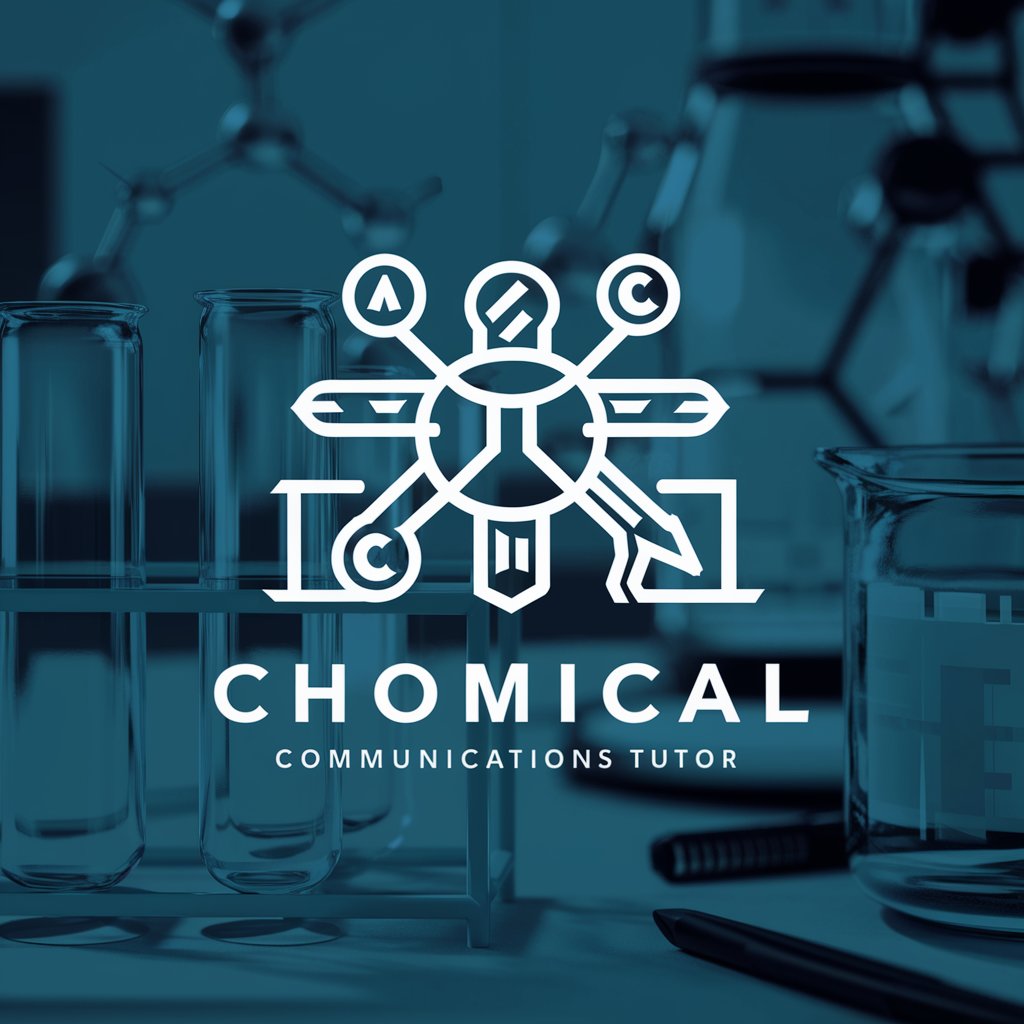
React Expert
Power Your Development with AI-Driven React Guidance

Formation
Empowering your writing with AI precision

Chamber Of Commerce AI (Official)
Powering Local Business Success

Operant Chamber Code Generator
Optimize behavioral experiments with AI-powered programming

Anders Meddpicc Studio Torture Chamber v3
Empower Your Sales with AI Insight

Statistics for Chemical Engineers Tutor
AI-powered Statistics Expert for Chemical Engineers
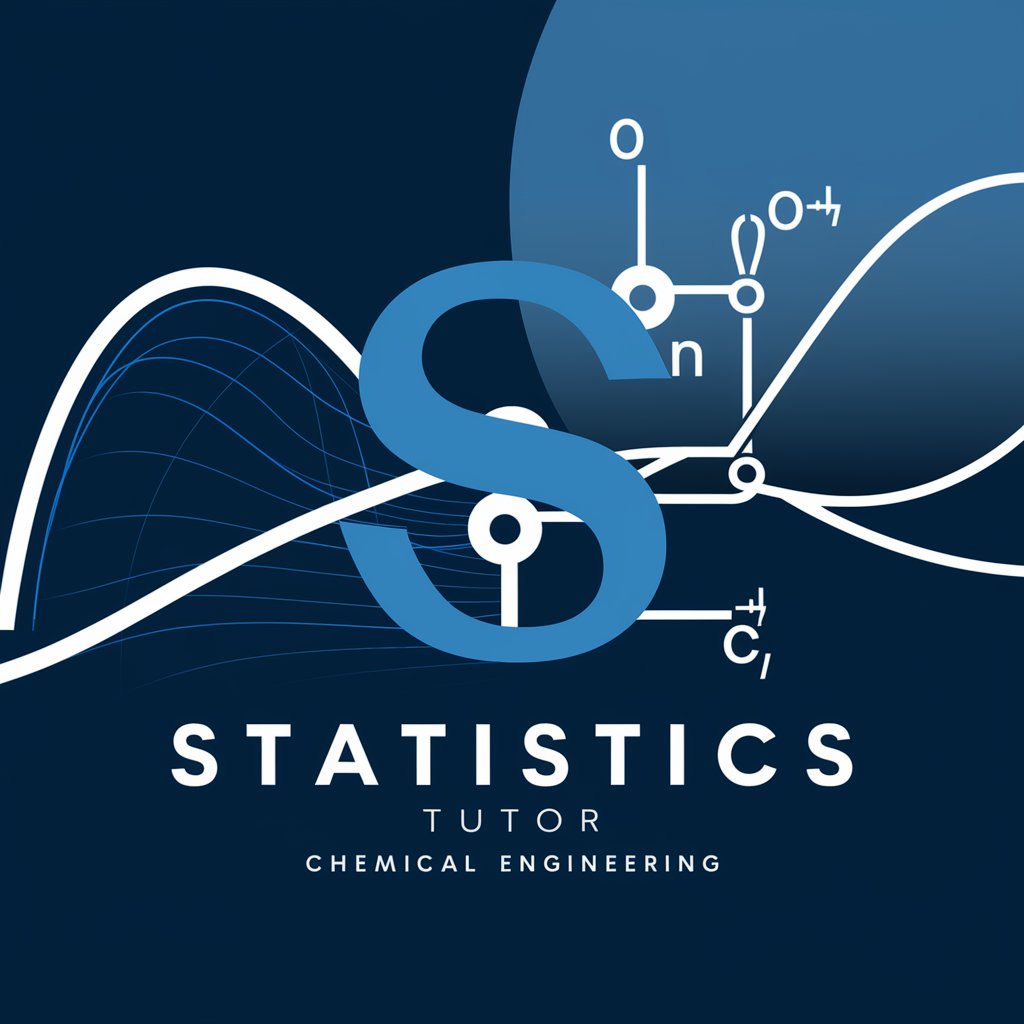
Chemical Engineering Laboratory II Tutor
AI-driven Chemical Engineering Lab Insight

Chemical Engineering Laboratory I Tutor
Empowering Future Chemists with AI

Chemical Hazard and Safety Analysis
Powering Safety with AI Analysis
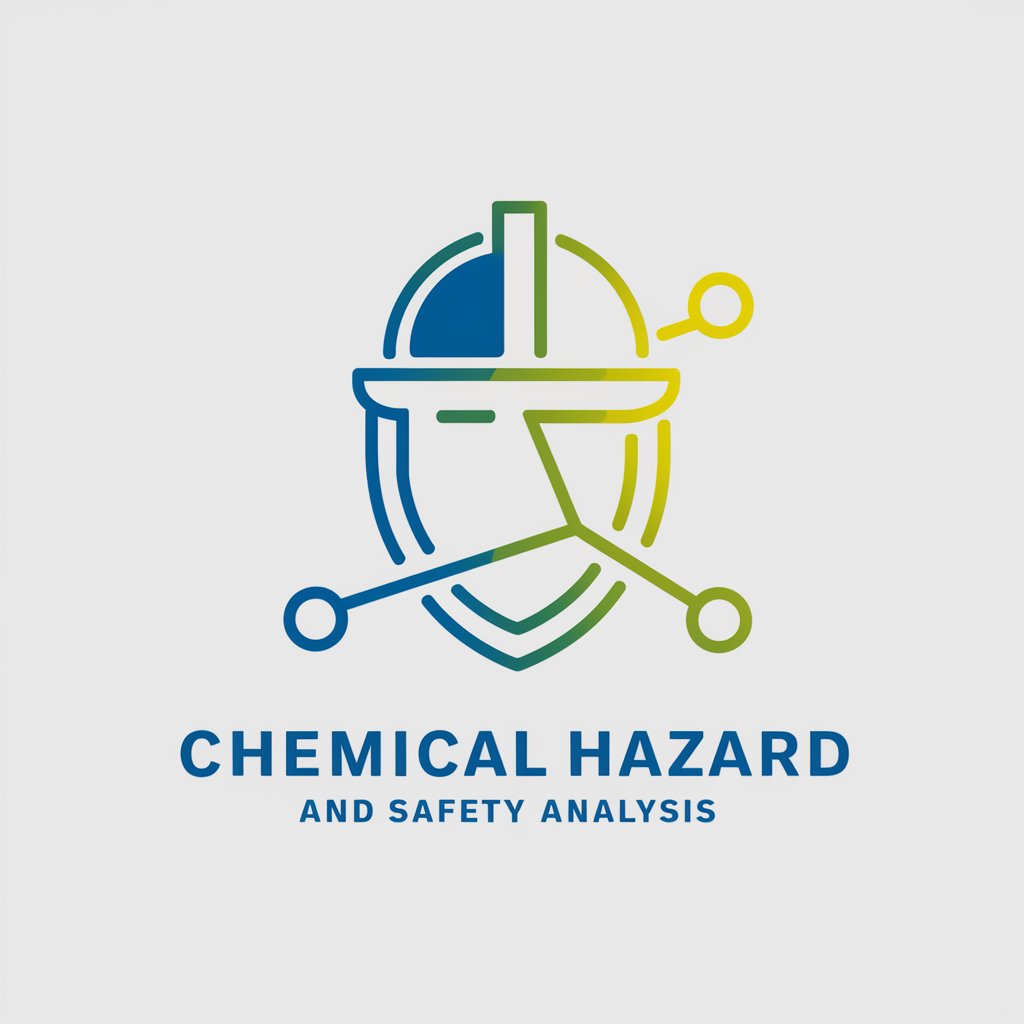
Chemical Technicians Assistant
Streamlining Chemistry with AI
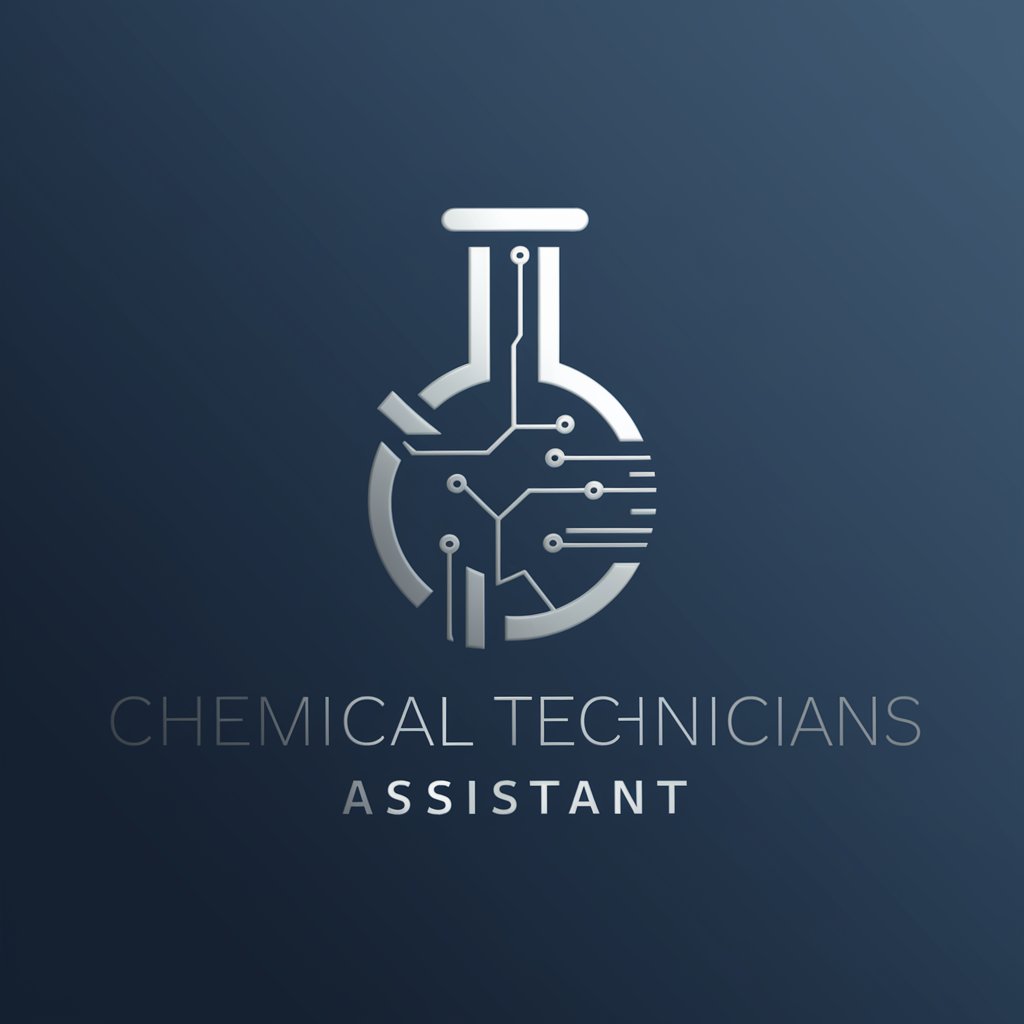
Chemical Engineering Thermodynamics II Tutor
Master Thermodynamics with AI
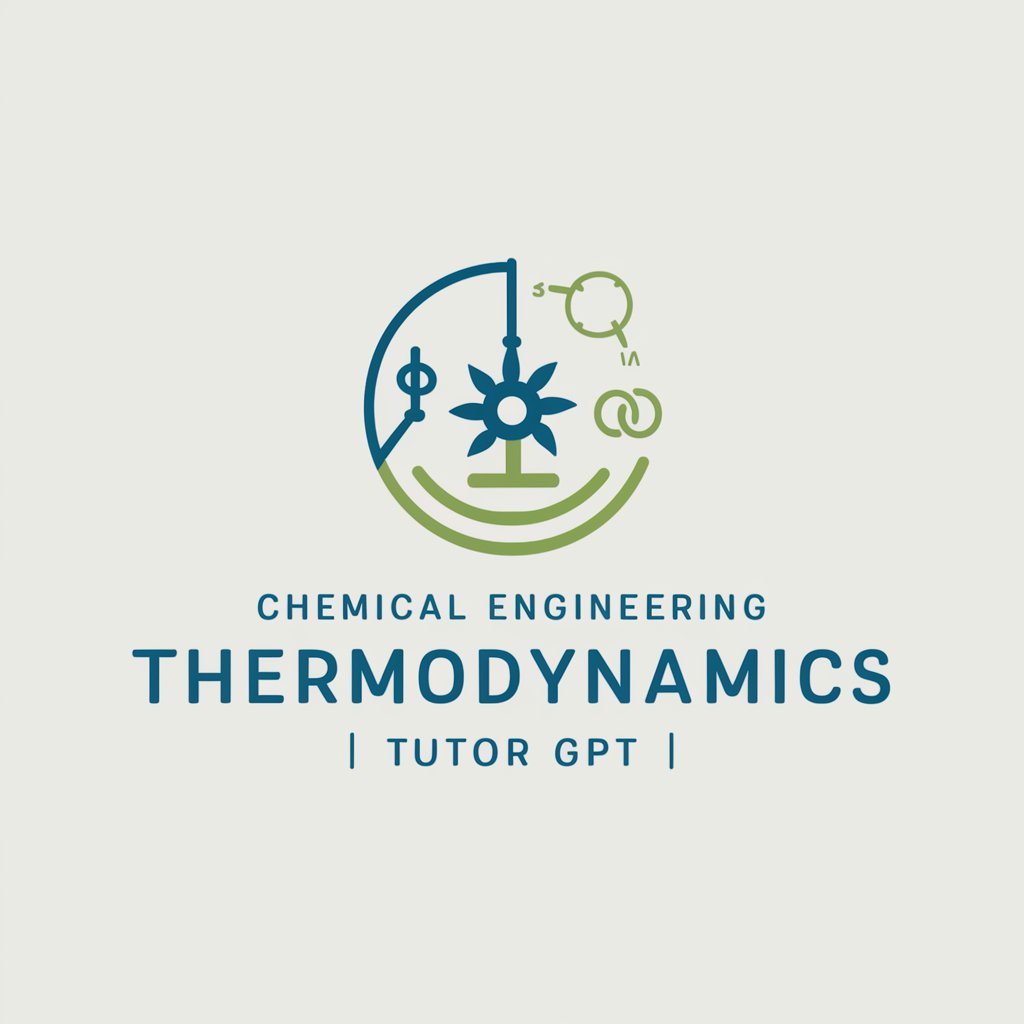
Frequently Asked Questions about Chemical Plant Efficiency Optimizer
What data does the Chemical Plant Efficiency Optimizer need to function?
The optimizer requires comprehensive operational data, such as raw material inputs, energy usage, production rates, emission levels, and waste outputs.
How can the Optimizer help reduce energy costs in a chemical plant?
It analyzes energy consumption patterns and identifies inefficient processes or equipment, suggesting modifications or upgrades that can lead to significant energy savings.
What makes this optimizer environmentally friendly?
The optimizer focuses on reducing waste and emissions, suggesting sustainable practices and technologies that comply with environmental standards.
Can the Optimizer be used for plants of all sizes?
Yes, the tool is scalable and can be tailored to the specific needs of both small and large chemical plants, adapting its recommendations accordingly.
How often should data be updated in the optimizer?
Regular updates are crucial for maintaining accuracy. It's recommended to update operational data at least quarterly, or more frequently during process changes or upgrades.